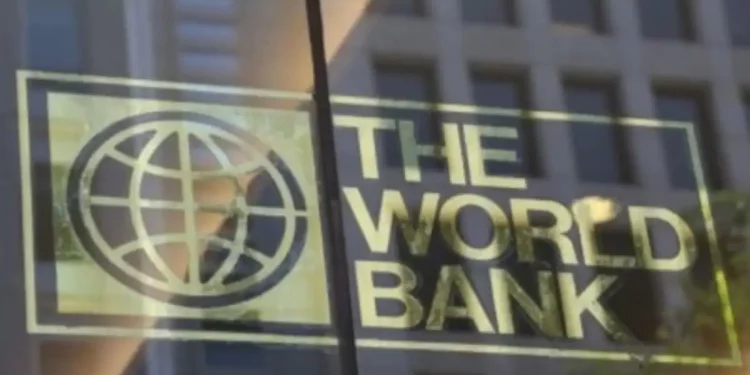The World Bank has announced its approval of a new five-year partnership agreement with Egypt, worth $7 billion from 2023 to 2027.
The agreement prioritizes the creation of more private-sector employment opportunities, improvement of health and education services, and efforts to adapt to the impacts of climate change.
The Country Partnership Agreement (CPF) will involve an annual commitment of $1 billion from the International Bank for Reconstruction and Development (IBRD), as well as approximately $2 billion over a period of five years from the International Finance Corporation (IFC).
The program’s objective is to foster a fair competition environment for private enterprises while promoting investment and enhancing resistance to shocks by enhancing macroeconomic management.
Due to the underlying issues revealed by the fallout from Russia’s invasion of Ukraine, Egypt’s economy has been subjected to severe stress over the last year.
Despite the government’s bold privatization initiatives, divestitures of state-owned assets have faced repeated postponements.
Also, the International Finance Corporation (IFC), which is a part of the World Bank Group, announced its collaboration with the European Bank for Reconstruction and Development and Egypt’s Sovereign Fund to establish desalination plants in Egypt.
The initiative is aimed at increasing the daily supply of desalinated water by 8.8 million cubic metres by 2050, and the initial plants will be set up in the north coast region of Marsa Matrouh.
As Egypt relies heavily on the River Nile for freshwater supplies and is vulnerable to climate change, this public-private partnership model is crucial for the country’s sustainability.
Read Also: World Bank to Grant Kenya KES 129 Billion Loan




